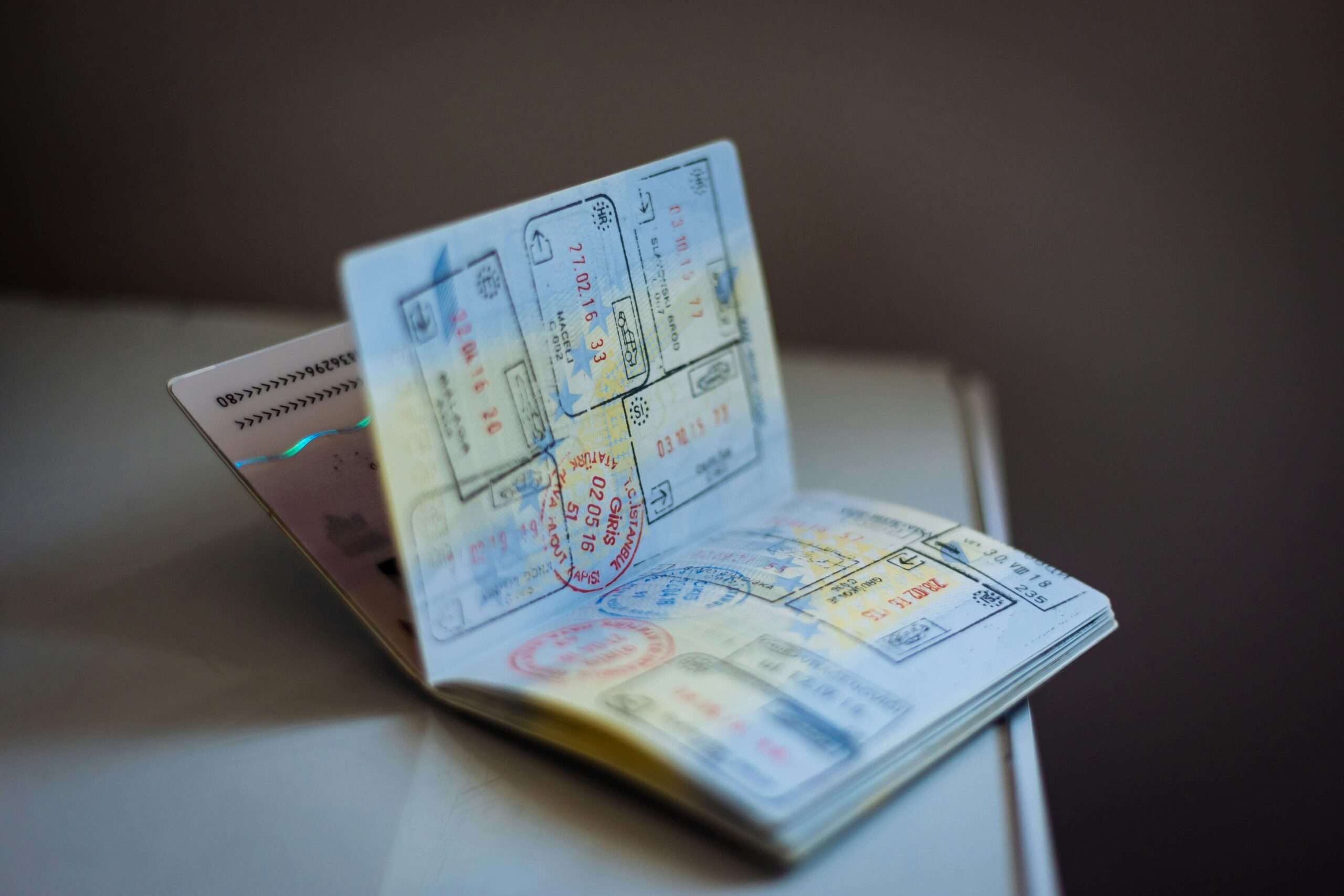The E-2 visa is designed for foreign language instructors who wish to teach in Korea, and preparing your documents is the most important part of the application process. This guide reflects real-world experience assisting hundreds of teachers and uses the very latest procedures.
Disclaimer: Immigration regulations occasionally change. Always confirm specifics with the Korean embassy or consulate in your home country before submitting documents.
Eligibility Requirements
Before gathering any paperwork, make sure you meet the core E-2 visa criteria:
Hold citizenship in one of Korea’s 7 designated native English-speaking countries: USA, UK, Canada, Ireland, Australia, New Zealand, or South Africa.
Possess at least a Bachelor’s degree from an accredited university.
Maintain a clean, national-level criminal record.
Document Preparation: Step-by-Step by Country
Below are country-specific details for preparing your university degree and national criminal record check for E-2 visa compliance.
Key Terms
Notarization: Certification by a Notary Public confirming a document’s authenticity.
Apostille: An international validation that makes a document legally acceptable abroad under the Hague Apostille Convention. Every eligible country uses this system.
United States
Degree:
Get a photocopy of your degree notarized.
Obtain an Apostille from your state’s Secretary of State or a third-party Apostille service such as Monument Visa or US Legalization for faster service.
Criminal Check:
Secure an FBI Fingerprint Based Background Checks (FBI), or use a Channeler for faster results – Check the list of approved channelers
Apostille the FBI check.
Pro Tip: Use an FBI Channeler for quick results, and consider a third-party Apostille service such as Monument Visa or US Legalization
United Kingdom
Degree:
Notarize your degree photocopy via a solicitor or notary.
Apostille it at the Foreign, Commonwealth & Development Office (FCDO).
Criminal Check:
Apply for a Basic Disclosure (DBS) or ACRO Police Certificate (ACRO is often preferred).
Apostille the certificate.
Pro Tip: FCDO offers next-day apostille service at extra cost.
Canada
Degree:
Notarize your diploma copy.
Apostille via Global Affairs Canada or relevant provincial authority.
Criminal Check:
Request an RCMP Certified Criminal Record Check (fingerprint-based).
Apostille the RCMP check.
Pro Tip: As of Jan 2024, Canada uses apostille, simplifying Korean applications.
Ireland
Degree:
Notarize with a solicitor or notary.
Apostille from the Department of Foreign Affairs (DFA).
Criminal Check:
Request a Police Certificate from An Garda Síochána.
Apostille the certificate.
Pro Tip: DFA’s digital process is efficient and fast.
Australia
Degree:
Get degree copy notarized.
Obtain Apostille from Department of Foreign Affairs and Trade (DFAT).
Criminal Check:
Request National Police Check (AFP).
Apostille the police check.
Pro Tip: Both AFP and DFAT services are available online for convenience.
New Zealand
Degree:
Notarize your diploma.
Apostille via Department of Internal Affairs (DIA).
Criminal Check:
Acquire Criminal Conviction History from the Ministry of Justice.
Apostille the report.
Pro Tip: DIA’s website offers a streamlined digital service.
South Africa
Degree (complex, multi-stage):
Verification: Begin with SAQA to validate credentials.
Notarization: Get a certified copy via a South African notary.
- Apostille: Finalize with an Apostille issued by DIRCO (only DIRCO’s apostille is accepted).
Criminal Check:
Obtain a Police Clearance Certificate from SAPS (requires fingerprints).
Apostille the certificate via DIRCO.
Pro Tip: Begin months in advance. Consider a professional South African document agency to avoid delays and mistakes.
Final Submission Package
- Apostilled copy of university degree
Apostilled national criminal record check
Health statement (from your recruiter)
Photocopy of passport ID page
4 Passport-sized photos (size of 3.5 x 4.5cm & Need to have two more photos reserved for later use when applying for a visa)
Signed employment contract
Taking each step in order overcomes the complexity. Early preparation and careful document handling are the keys to a smooth transition to Korea.

